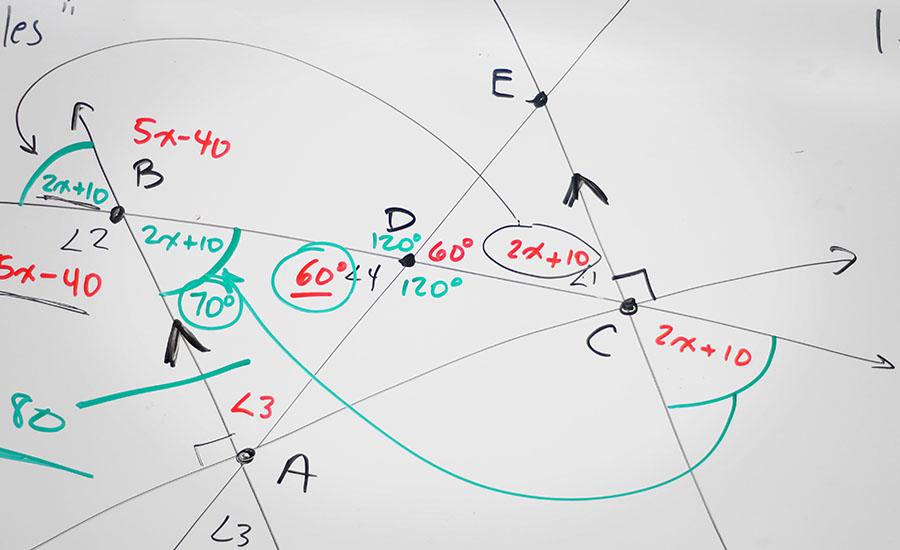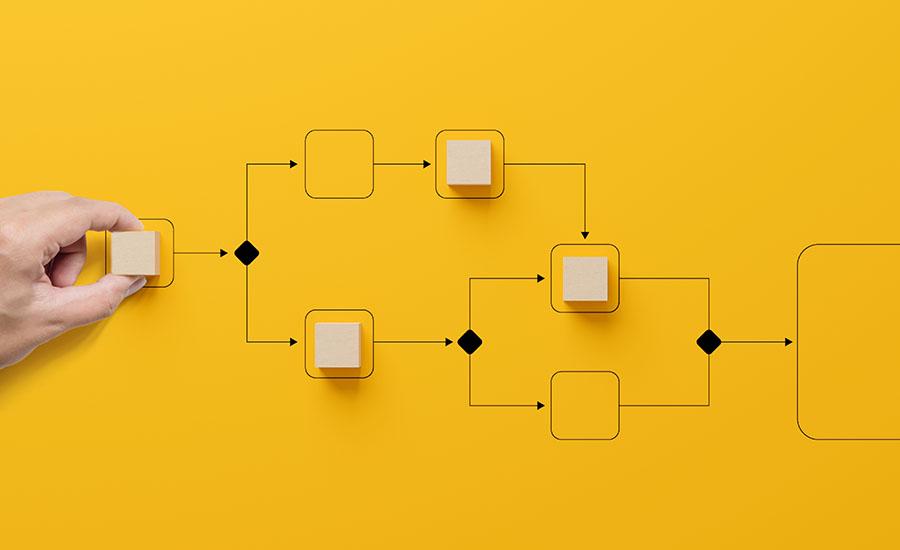
Grades:
6th Grade, 7th Grade, 8th Grade
Notes Prerequisites: This lesson requires prior experience with Edison Robots. Context: This lesson can be taught to a single class or used in an after-school coding/robotics club. Students should be




